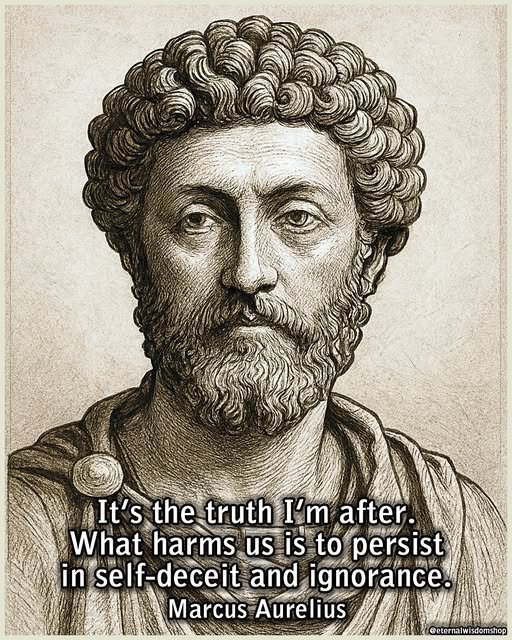
Blind Obedience
Disclaimer: This content has been uploaded by a user of Lit2Talks for educational and informational purposes only. All copyrights and trademarks belong to their respective owners. If you are the copyright holder and believe this content has been shared without your permission, please contact us for immediate removal.
Reviews
No review yet. Be the first to review this book!
×
Description
"Blind Obedience" refers to a concept often discussed in psychology, sociology, and ethics, which refers to unquestioning obedience to authority without critical thinking or moral judgment. It typically involves individuals conforming to commands or orders from authority figures, even when those com...























.jpeg)





.jpg)



.jpg)







.jpeg)


.jpg)
.jpeg)


.jpeg)





.jpg)








.jpeg)




.png)



.jpg)

.jpg)
.jpg)










.jpg)



.jpeg)


.jpeg)